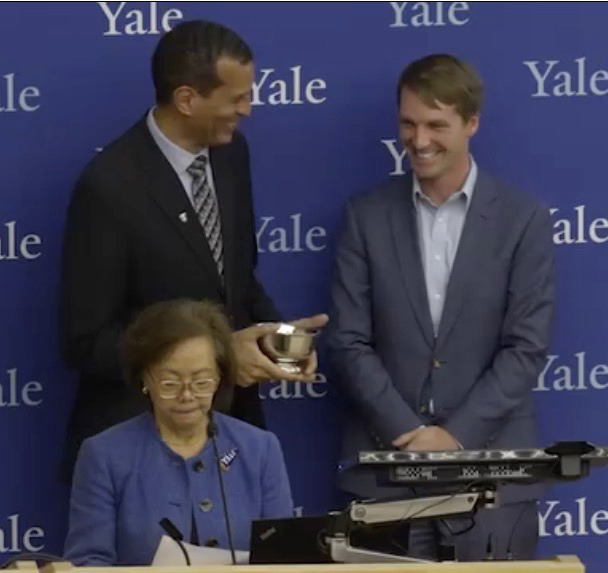There is nothing more practical than good theory
|
By Wolfgang Lehmacher and Victor Padilla-Taylor, World Economic Forum, first posted in businessinsider.com
You may not be alone these days if you believe that Donald Trump will build a wall between the US and Mexico as President of the United States. But rather than paying for it, we could see Mexico in the future breaking down a separate wall that is already creating frictions with the US: the wall of invisible trade barriers. Two former Presidents of the Latin American nation, Vicente Fox and Felipe Calderon, said in March that there is “ no way ” Mexico would ever pay for such a wall. “We are not going to pay any single cent for such a stupid wall!” Mr. Calderón said. Since Mr. Trump has also rallied against the North American Free Trade Agreement (Nafta) – calling it a “ disaster – it doesn’t take a rocket scientist to figure out how Mexico’s government would feel about any change to the 22-years old trade deal. Instead of only resorting to defensive rhetoric, today Mexico can play offense when it comes to its border with the US. The truth is that in terms of its manufacturing and exports to the US, Mexico is still far from achieving its full potential, despite Nafta. Interestingly, the reason for this deficit is much less the often zealous US customs and border agency, but Mexico’s own non-tariff barriers, bottlenecks and shortcomings in trade. More than half of the labour cost advantage that Mexico has over the US is estimated to be lost because of supply chain barriers. Therefore, Mexico could unilaterally take a number of ‘wall-tumbling’ steps which would all but guarantee higher exports of key products to the US. Take for example the medical devices industry, a sector which exported $7.7 billion worldwide in 2014 and which sells mainly to the US. Just in this niche sector, removing specific non-tariff barriers throughout the end-to-end value chain could generate up to $1.5 billion in economic growth per year for Mexico. For this and other industries close to the ‘tipping point’ of competitiveness in the global market, Mexico could reinvigorate its economic engine by supporting actions in four specific areas:
Trump’s wall is said to cost between $8 to $300 billion depending on which side of the argument you listen to when searching for the expense of the measure. Surely much more value can be extracted from tumbling down barriers in trade, instead of doubling-down on this temporal narrative for an electorate looking for leadership. Wolfgang Lehmacher is head of supply chain and transport industry at the World Economic Forum and Victor Padilla-Taylor is community lead, supply chain and transport at the World Economic Forum
0 Comments
Leave a Reply. |
AuthorVictor Padilla-Taylor is Director of Networks at the Tsai Center for Innovative Thinking at Yale. He was the 2021 recipient of the Linda Lorimer Award for Distinguished Service, conferred by Yale’s president on staff who have demonstrated their commitment to innovative thinking and the educational and research missions of the university. He also serves as board leader at Global Consortium for Entrepreneurship Centers, Long Wharf Theatre, Yale SOM Alumni Advisory Board, and Saint Thomas More Chapel and Center at Yale University. For his accomplishments as alumni volunteer, he received the 2023 Yale Alumni Leadership Award for his service and innovative leadership as nominated and selected by alumni relations staff members. AlpsBoundA global soul with MBA experience from GNAM schools around the world Archives
October 2023
Categories
All
|

 RSS Feed
RSS Feed